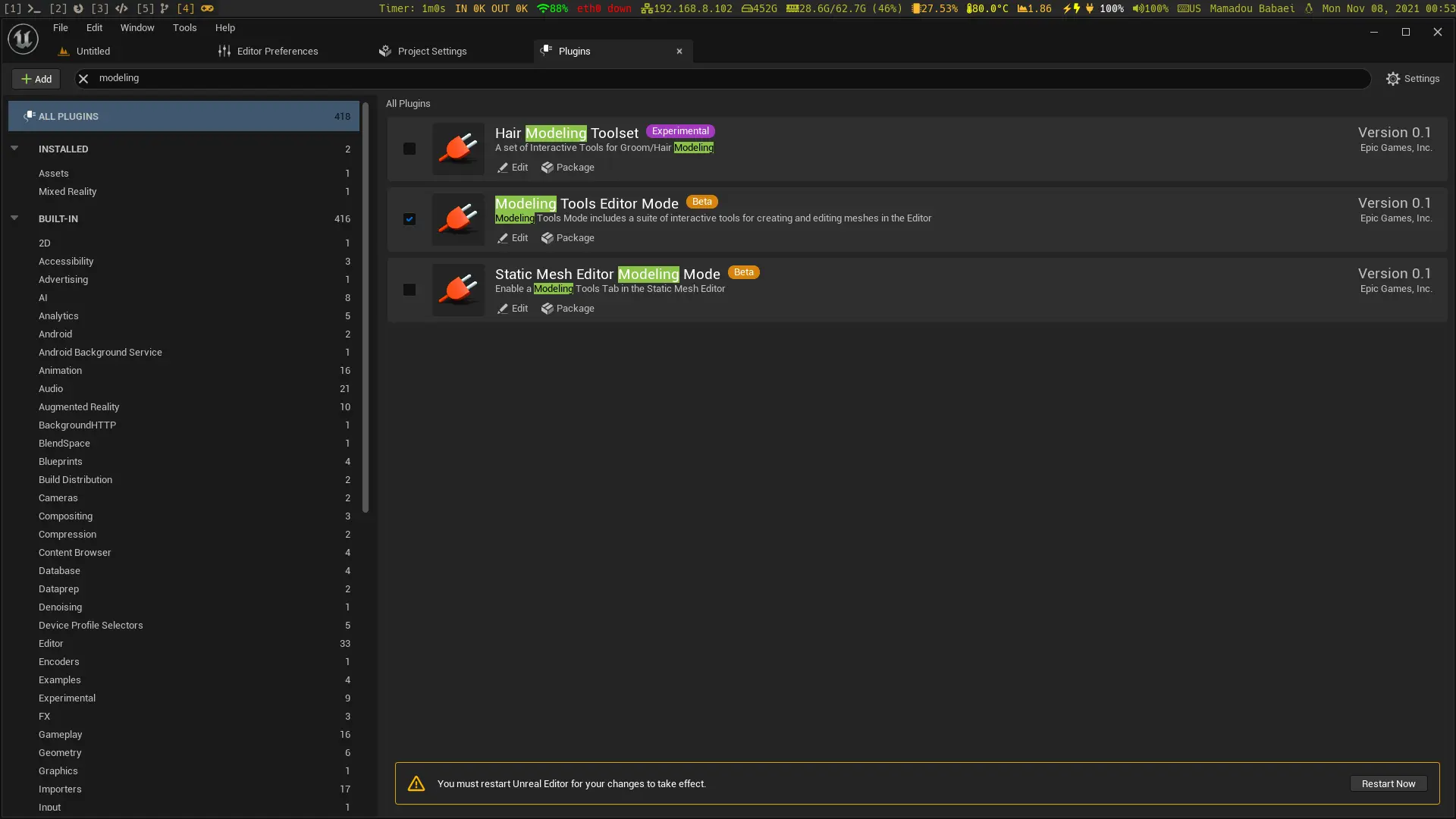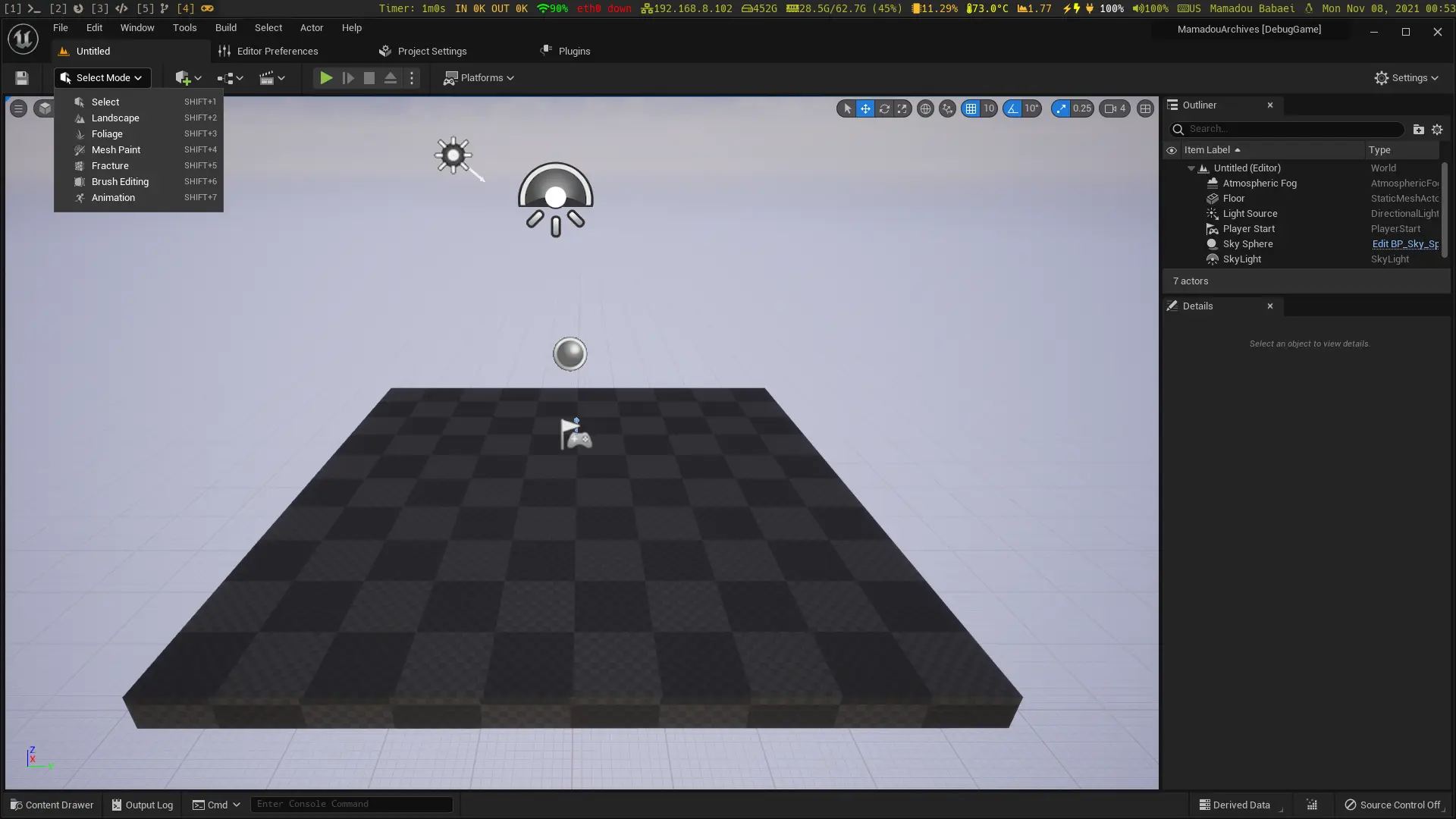Well, anyone who has ever developed a C++ game or application with Gregorian to Jalali date conversion (or, vice versa) requirement is well aware of the hurdles of doing such a task. I, for one, have been maintaining my own cross-platform C++ library for almost two decades now, with occasional bugs coming up from time to time.
Recently, I have been playing with boost::locale (developed by Artyom Beilis and contributed to Boost project) a bit more in order to utilize it in a personal project called Barandazstorm, a home-grown social media analysis tool. Browsing the docs, I noticed the following example which does not even compile on my compiler:
boost::locale Gregorian to Hebrew date conversion example
1
2
3
4
5
6
7
8
9
10
11
12
13
|
using namespace boost::locale;
using namespace boost::locale::period;
generator gen;
// Create locales with Hebrew and Gregorian (default) calendars.
std::locale l_hebrew=gen("en_US.UTF-8@calendar=hebrew");
std::locale l_gregorian=gen("en_US.UTF-8");
// Create a Gregorian date from fields
date_time greg(year(2010) + february() + day(5),l_gregorian);
// Assign a time point taken from the Gregorian date to date_time with
// the Hebrew calendar
date_time heb(greg.time(),l_hebrew);
// Now we can query the year.
std::cout << "Hebrew year is " << heb / year << std::endl;
|
So, I tried to make a guess and replaced the en_US.UTF-8@calendar=hebrew part with en_US.UTF-8@calendar=jalali which didn’t work. But, on the second try replacing that with en_US.UTF-8@calendar=persian actually worked! Which is sheer delight; due to the fact that now I found a solution to convert dates between both calendars as efortless as techonologies such as .NET in C++:
Two-way Gregorian / Jalali date conversion using boost::locale
1
2
3
4
5
6
7
8
9
10
11
12
13
14
15
16
17
18
19
20
21
22
23
24
25
26
27
28
29
30
31
32
33
34
35
36
37
38
39
40
41
42
43
44
45
46
47
48
49
50
51
52
53
54
55
56
57
58
59
60
61
62
63
64
65
66
67
68
69
70
71
72
73
74
75
76
77
78
79
80
81
82
83
84
85
86
87
88
89
90
91
92
|
/**
* @file
* @author Mamadou Babaei <info@babaei.net>
* @version 0.1.0
*
* @section LICENSE
*
* (The MIT License)
*
* Copyright (c) 2020 Mamadou Babaei
*
* Permission is hereby granted, free of charge, to any person obtaining a copy
* of this software and associated documentation files (the "Software"), to deal
* in the Software without restriction, including without limitation the rights
* to use, copy, modify, merge, publish, distribute, sublicense, and/or sell
* copies of the Software, and to permit persons to whom the Software is
* furnished to do so, subject to the following conditions:
*
* The above copyright notice and this permission notice shall be included in
* all copies or substantial portions of the Software.
*
* THE SOFTWARE IS PROVIDED "AS IS", WITHOUT WARRANTY OF ANY KIND, EXPRESS OR
* IMPLIED, INCLUDING BUT NOT LIMITED TO THE WARRANTIES OF MERCHANTABILITY,
* FITNESS FOR A PARTICULAR PURPOSE AND NONINFRINGEMENT. IN NO EVENT SHALL THE
* AUTHORS OR COPYRIGHT HOLDERS BE LIABLE FOR ANY CLAIM, DAMAGES OR OTHER
* LIABILITY, WHETHER IN AN ACTION OF CONTRACT, TORT OR OTHERWISE, ARISING FROM,
* OUT OF OR IN CONNECTION WITH THE SOFTWARE OR THE USE OR OTHER DEALINGS IN
* THE SOFTWARE.
*
* @section DESCRIPTION
*
* Two-way Gregorian / Jalali date conversion using boost::locale example
*/
#include <iomanip>
#include <iostream>
#include <cstdlib>
#include <boost/locale.hpp>
void from_gregorian_to_jalali()
{
boost::locale::generator generator;
std::locale locale_gregorian = generator("en_US.UTF-8");
std::locale locale_jalali = generator("en_US.UTF-8@calendar=persian");
boost::locale::date_time gregorian(
boost::locale::period::year(2020)
+ boost::locale::period::february()
+ boost::locale::period::day(25),
locale_gregorian);
boost::locale::date_time jalali(gregorian.time(), locale_jalali);
std::cout << "Persian date is " << jalali / boost::locale::period::year()
<< "/" << std::setfill('0') << std::setw(2)
<< (jalali / boost::locale::period::month()) + 1
<< "/" << std::setfill('0') << std::setw(2)
<< jalali / boost::locale::period::day()
<< "." << std::endl;
}
void from_jalali_to_gregorian()
{
boost::locale::generator generator;
std::locale locale_gregorian = generator("en_US.UTF-8");
std::locale locale_jalali = generator("en_US.UTF-8@calendar=persian");
boost::locale::date_time jalali(
boost::locale::period::year(1398)
+ boost::locale::period::month(11)
+ boost::locale::period::day(06),
locale_jalali);
boost::locale::date_time gregorian(jalali.time(), locale_gregorian);
std::cout << "Gregorian date is " << gregorian / boost::locale::period::year()
<< "/" << std::setfill('0') << std::setw(2)
<< (gregorian / boost::locale::period::month()) + 1
<< "/" << std::setfill('0') << std::setw(2)
<< gregorian / boost::locale::period::day()
<< "." << std::endl;
}
int main()
{
from_gregorian_to_jalali();
from_jalali_to_gregorian();
return EXIT_SUCCESS;
}
|
On a side note, for the above code to work your boost::locale libraries has to be built with ICU support; otherwise boost::locale throws an exception. On most Linux or BSD distros this is the default when you install Boost libraries from your distro’s package manager. On Windows, it requires a bit of effort if you are trying to build Boost binaries yourself, which is another story for another time.
I did test the above code on FreeBSD, Linux, and Microsoft Windows, using MSVC, GCC, LLVM/Clang, and MinGW, and it’s working as expected on all of these platforms.

